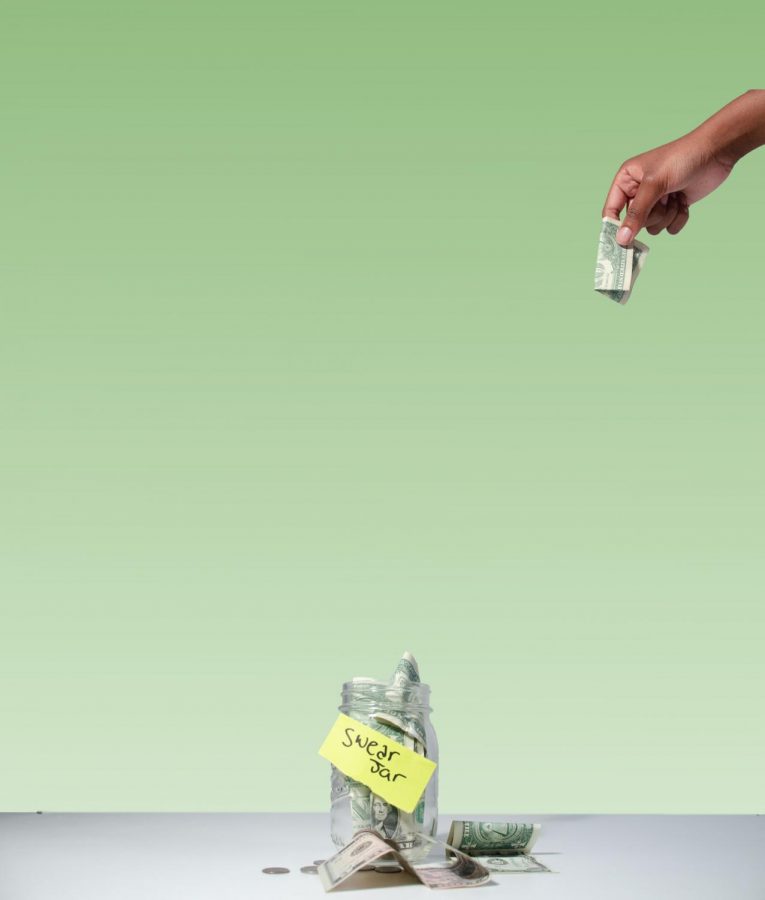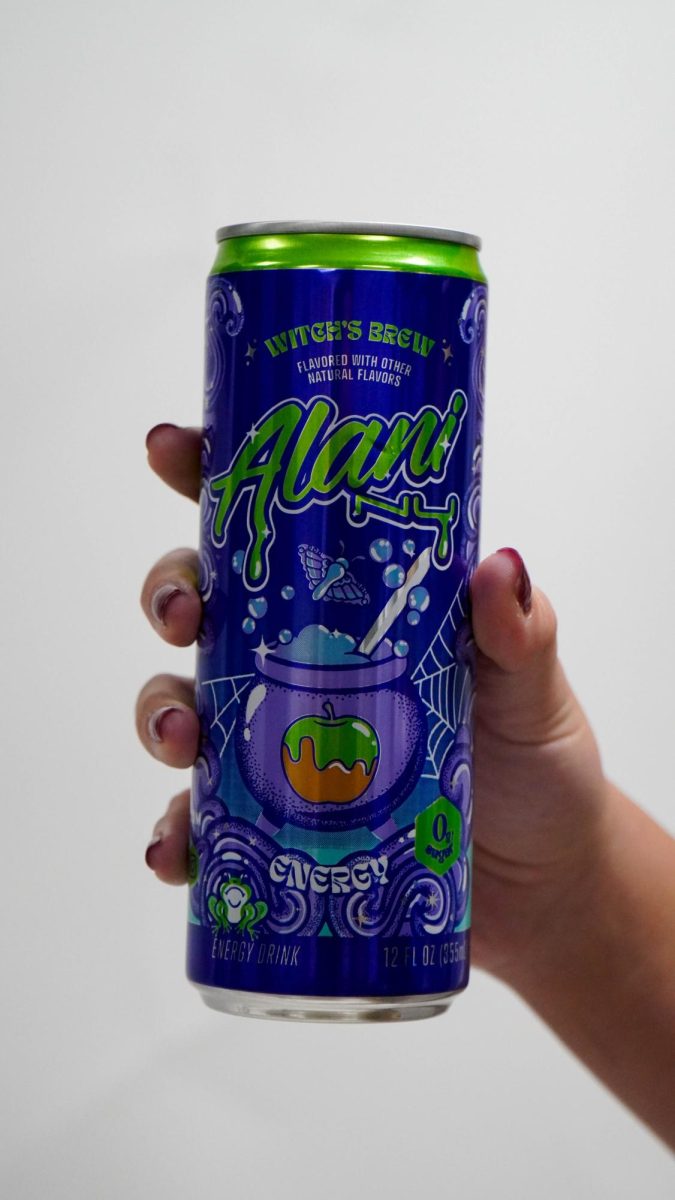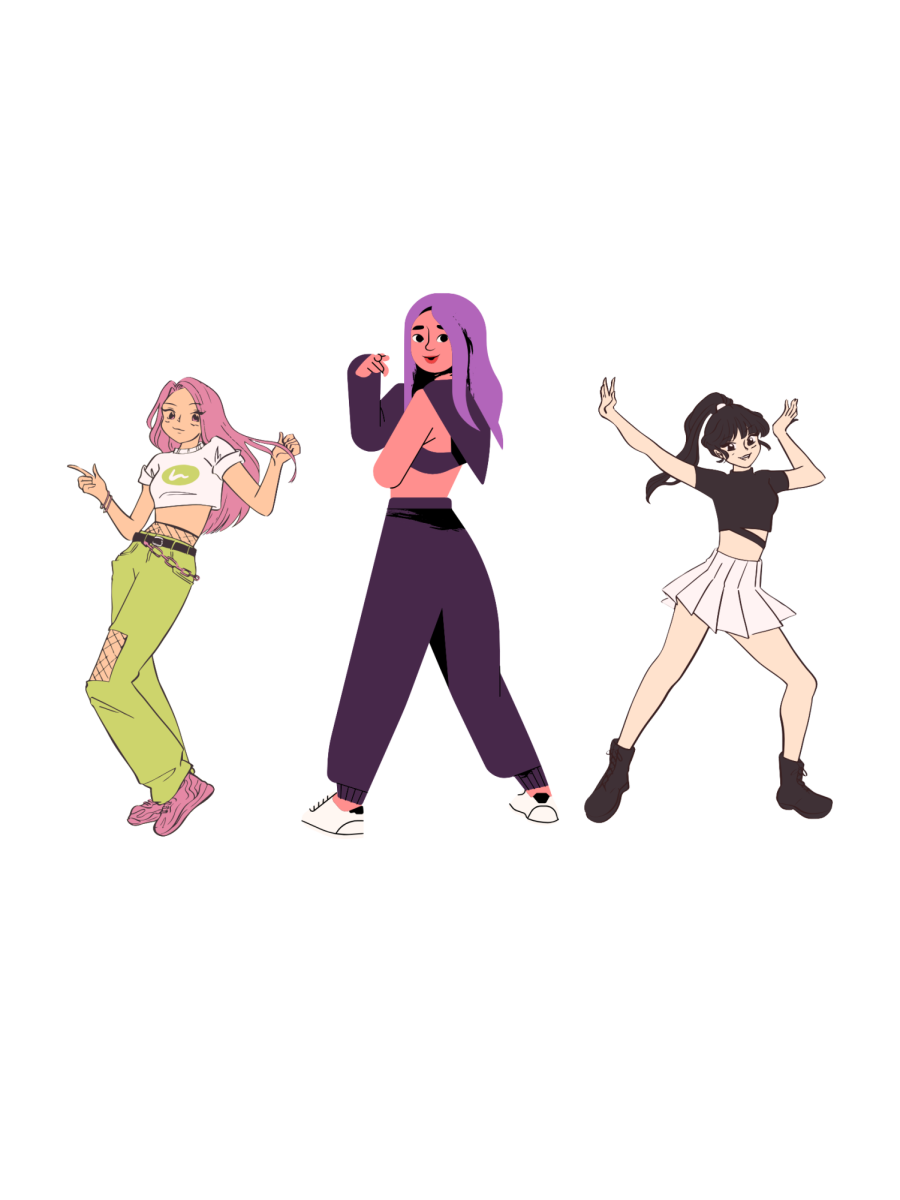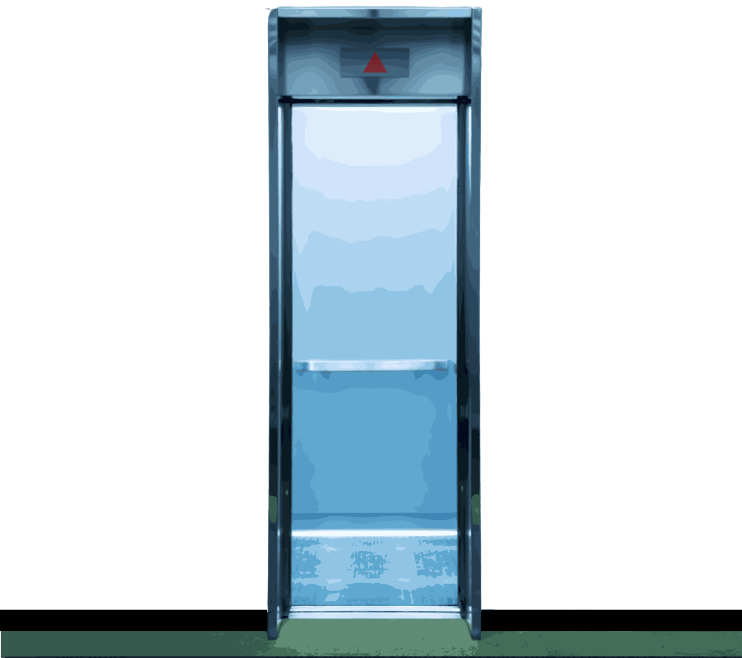Until the end of the 12th century, the word “silly” was not meant to describe the foolish manner in which a person acts, but instead, was meant to represent piety.
Like language, words evolve so frequently that many linguists consider them to be living things, and the progression of swear words is no exception.
Though now used to intensify language or express emotion, this was not always the case. In the Middle Ages, oaths that violated the religious ideas present at the time were considered to be taboo, though as traditional religious values began to hold less weight, words applicable to the current taboos took their place.
According to English teacher Robert Boerth, the swear words that we use today mirror society’s fears at the time of their modification. In one era, it was fear of God’s wrath, in another, sex, and presently derogatory language against racial and ethnic minority groups.
“New technologies, situations, and experiences require that words evolve to ensure their usage,” Boerth said.
Nowadays, the biggest influences on the development of language and swear words are popular culture and literature.
“Shakespeare gets credit for popularizing a lot of swear words since his theatre in some ways intended to mirror the regular speech that was happening,” Latin teacher Kyle McGimsey said. “We learn a lot of swear words and slang that we don’t necessarily get from reading Ovid.”
Much like Shakespeare’s theatre, mainstream media has influenced society to the point where certain words are becoming desensitized. Due to curse words’ naturally accelerating rate of use, it is likely that they will eventually lose their offensive punch and become irrelevant, as seen through words that were once taboo but have become benign over the centuries.
“It certainly seems possible that we’ll get to a point where certain words lose their vulgar associations,” McGimsey said. “Words that in the past were more socially acceptable to say will come to replace current swear words as society decides they are not acceptable anymore.”
The continuing existence and evolution of swear words indicates certain benefits such as analgesia, an act that is instinctively performed by cursing to reduce pain.
Psychology Today proved this by having 92 participants hold their hands in ice water for as long as possible while repeating swear words or their inoffensive counterparts throughout four trials. It was concluded that offensive swear words were the most efficient at increasing the pain threshold and tolerance of the participants while inoffensive words were not effective. It has also been found that swear words alleviate the pain of being ostracized by elevating endorphins.
In spite of all the benefits, the negative effects of curse words must be considered as well, such as indicating a bad attitude, as well as immaturity when used too frequently.
This becomes even more problematic for teenagers when the consequences of being exposed to explicit language, especially on social media, such as depression, anxiety and trouble in school are taken into account.
Due to these contributing factors, sophomore Sophia Taylor has made the personal decision to not swear regularly, and instead save these words for dire situations.
“People use swearing as a release of emotion when they are upset, talking about school, or just talking to friends to make themselves sound interesting,” Taylor said. “It’s a society thing, because everyone does it, it makes them feel mature, but it’s really a sign of immaturity when you can’t find another word to express your emotions.”
Though there are multiple factors that contribute to the rise of curse words among youth, studies have proven that parental influence outweighs that of peers, showing that the average child knows around 30 to 40 swear words by the time they start school.
Though prohibited by the Trinity Prep Student Handbook, offensive language has been ingrained into the culture of high school students, representing just one effect that popular culture has on language.
Out of the classroom, social media is one of the most problematic manners in which high school students communicate, which is due to the verbal abuse that can occur without any consequences.
“When people swear online, it definitely has a different connotation,” Taylor said. “I think it’s harsher than if you’re just swearing face to face since you could be laughing, but you can’t communicate that through a post or texting.”
Social media in its normal form has been proven to encourage social isolation, but when these effects are paired with verbal abuse, disastrous results occur.
“We’re much braver to say stuff on social media,” guidance counselor Rylan Smith said. “However, what we forget about is that though people may walk away and forget what you said face to face, they’re not going to forget what you said online.”
















